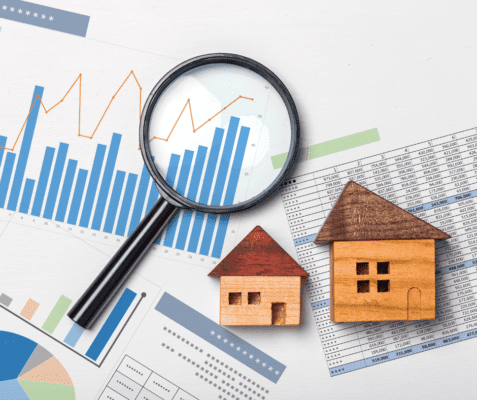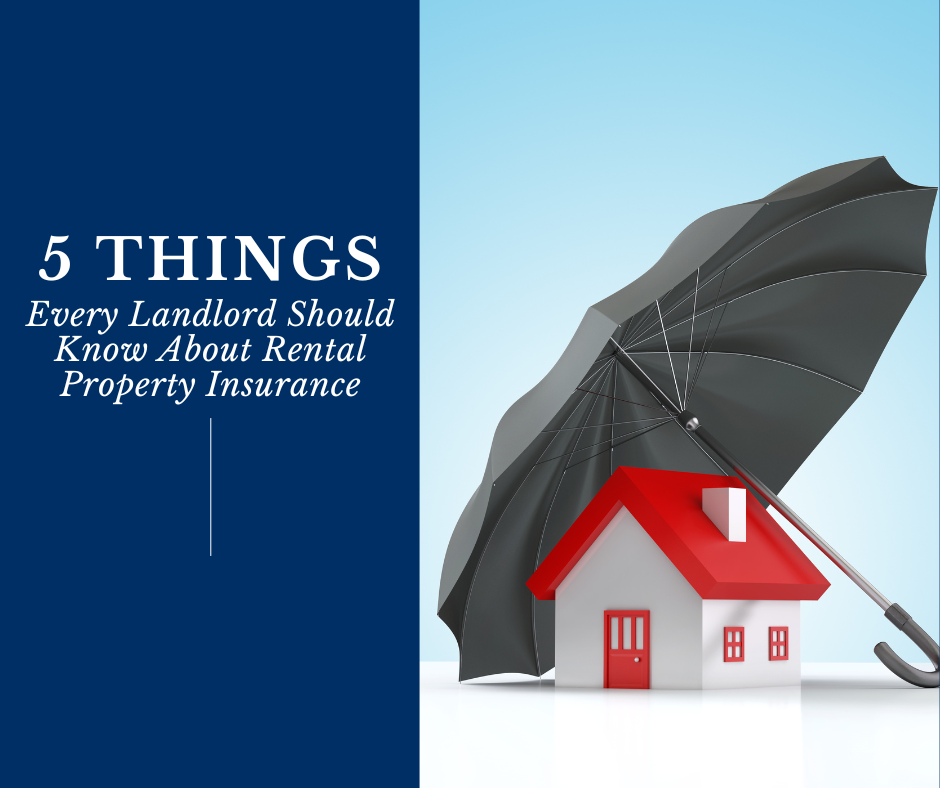Finding the right rental rate plays a big part in Aurora rental management. While it may seem as simple as throwing a number out online, there are multiple factors to consider when setting your starting rate. Choose too high and your property sits vacant for an extended period of time. Set it too low and you lose out on valuable income. So to find that rental rate sweet spot, here’s the ultimate guide to calculating rent for your Aurora rental property.
The Ultimate Guide to Determining Rent for Your Aurora Rental

1. Understand the Market
Research Comparable Properties
First things first: you have to understand what the going rate is for properties similar to yours. After all, these will be your direct competition. Tenants are very savvy and know how to shop around. Start by researching comparable properties that offer the same amenities and highlights as your Aurora rental. These include:
- Size and layout (number of bedrooms and bathrooms)
- Location (proximity to schools, shopping centers, public transport)
- Amenities (parking, laundry facilities, swimming pools)
Look for properties that are currently available as well as those that recently rented in your area. Check for properties that rented in the last twelve months and avoid going back too far. Make use of online tools, such as Zillow, Rentometer, and other local listing sites to get good insight into your current market. Keep in mind that the best way to calculate your rent is based on current market data. Avoid relying on one single source alone and take multiple data sets into consideration to get a reliable snapshot of the local market.
Assess Market Trends
Understanding whether your local market is experiencing growth, stagnation, or decline can influence your rental pricing. Tools like the U.S. Census Bureau and local real estate reports can help you gauge these trends.
Aurora, in particular, has seen tremendous growth over the years. More and more renters are looking to the outer suburbs as prices in Denver continue to climb, making it a great area for real estate investors to purchase a rental property.
2. Calculate Operating Costs
Fixed Costs
Another factor to consider when deciding your rental rate for your Aurora rental are your own fixed costs. These include regular expenses associated with owning the property, including:
- Mortgage payments
- Property taxes
- Insurance premiums
- HOA fees
Variable Costs
Another cost consideration are those that vary but should still be accounted for. Make sure to budget for:
- Repairs and maintenance
- Property management fees
- Utilities (if included in the rent)
Covering your own expenses plays a vital part in successful property management. Adding these costs gives you a baseline for the minimum rent you should charge to ensure you at least break even.
3. Consider the 1% Rule
A popular guideline among real estate investors is the 1% rule. This rule suggests that the monthly rent should be approximately 1% of the property’s total value. For example, if your property is worth $200,000, you should aim to charge around $2,000 in rent. This isn’t necessarily a strict rule and should not be considered over what current market data shows. Make sure to take it in stride with what the local market can handle and rely more on comparable property data instead.
4. Factor in Demand and Supply
Analyze Vacancy Rates
Understanding local vacancy rates can help you gauge demand. High vacancy rates may indicate that rental prices are too high or that there’s too much competition, while low vacancy rates suggest a strong demand, potentially allowing for higher rent. When searching through currently advertised comparable properties, check their days on market to assess how accurate their price is. This will give you a good indication of whether or not they’re priced too high.
Seasonal Considerations
Real estate fluctuates based on the season. Peak season in the spring and summer comes with higher demand, which leads to higher rent prices. Meanwhile, things slow down considerably during the fall and winter. This means you’ll have to adjust your rental rate to meet the seasonal demands.
5. Account for Property Features
Unique Selling Points
Every property is different, each with their own unique pros and cons. When searching for comparable properties, consider what features they have that are similar to those as well as those that make your property stand out from the crowd. Think through factors that could justify a higher rental rate, including:
- Recently renovated kitchens or bathrooms
- Energy-efficient appliances
- Outdoor spaces or gardens
- Access to high-quality schools or parks
Upgrades and Amenities
Properties with additional amenities (like pools, gyms, or concierge services) can command higher rent, so be sure to highlight these in your pricing strategy.
6. Adjust for Lease Terms
The length of the lease can also influence rental pricing. For example, short-term leases often command a premium rate due to the increased flexibility they offer. On the other hand, longer-term leases allow for a lower monthly rate, attracting tenants looking for stability while meeting your goal of keeping your rental property occupied.
7. Get Professional Help
Trying to find the right rental rate requires a lot of effort and can easily become overwhelming. For that reason, hiring your local property management company like Real Property Management Colorado offers incredible benefits. As experts in the field, our team of property managers can provide invaluable local market knowledge, help you set competitive pricing, and ensure that you’re compliant with local rental laws. After all, residential property management is all we do.
8. Regularly Review and Adjust
Aurora rental management doesn’t end once you’ve determined your rental rate. If anything, it’s the opposite! Remember the market continuously shifts. The rate you may have gotten last year might not be the same the following year. For that reason, it’s vital to review and adjust each time the lease comes to an end. Whether your current tenants are choosing to renew the lease or you have to begin the cycle all over again, be sure to review current market data to determine the right rate. Be flexible and ready to adjust your pricing strategy based on tenant feedback and market shifts.

Calculating rent for your Aurora rental involves a combination of market research, cost analysis, and strategic planning. By considering all these factors, you can set a competitive price that attracts tenants while ensuring a solid return on your investment. Remember, the goal is to find that sweet spot where both you and your tenants feel satisfied! Happy renting!





